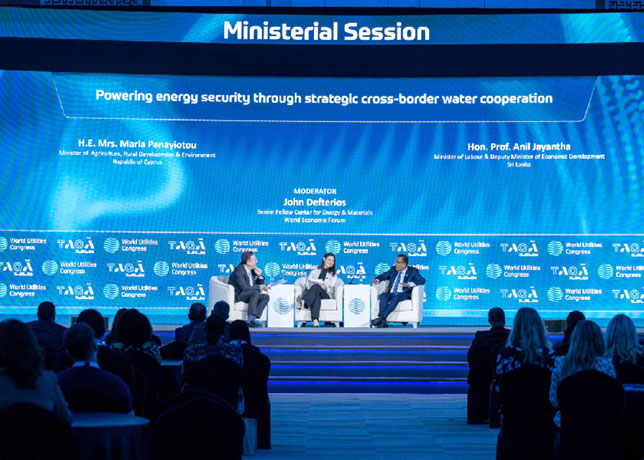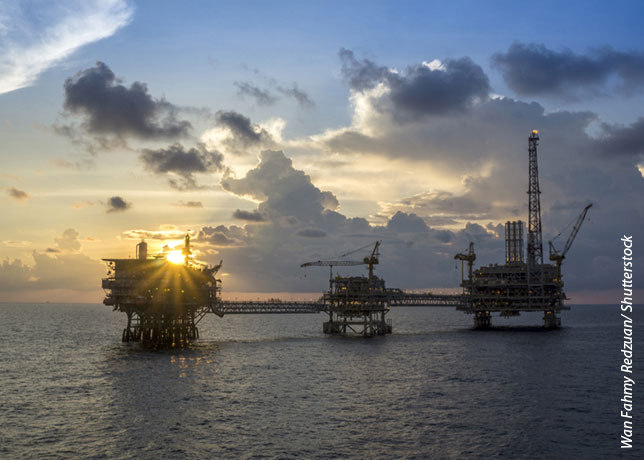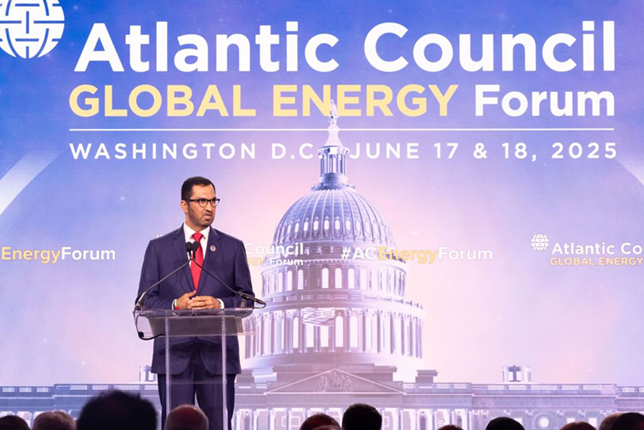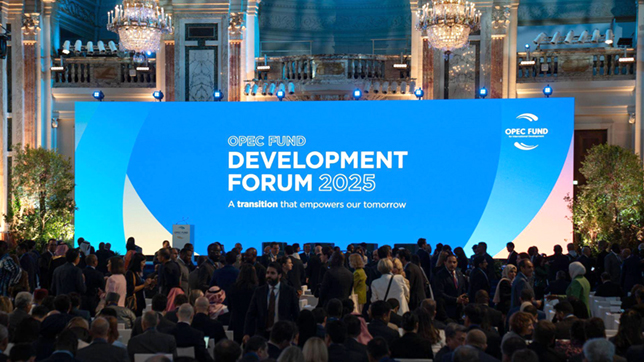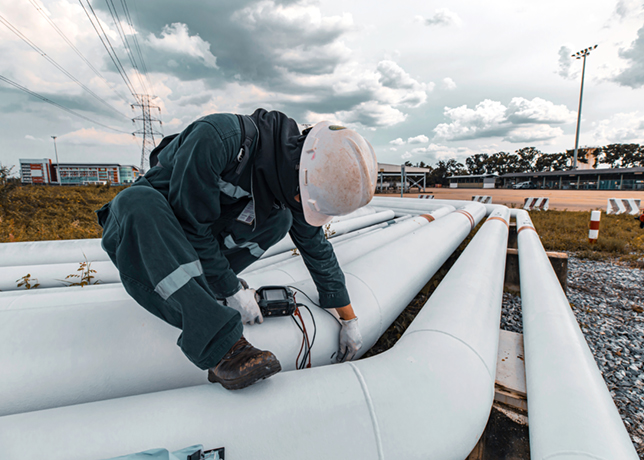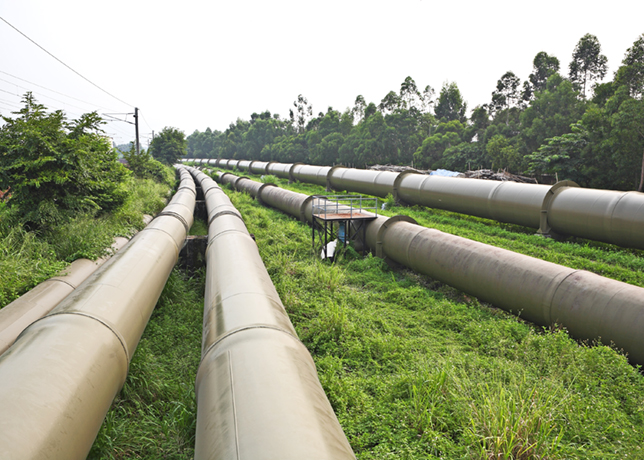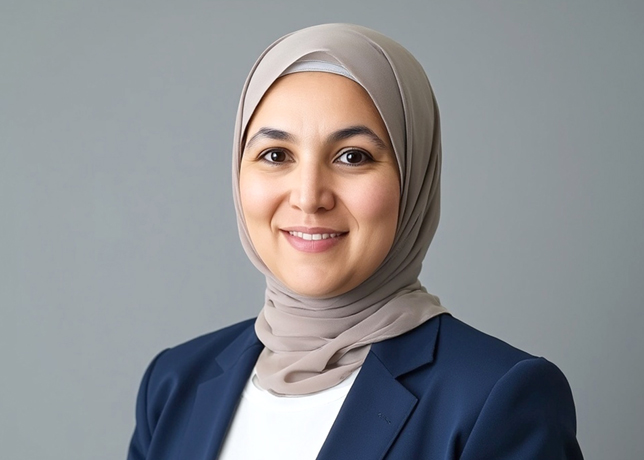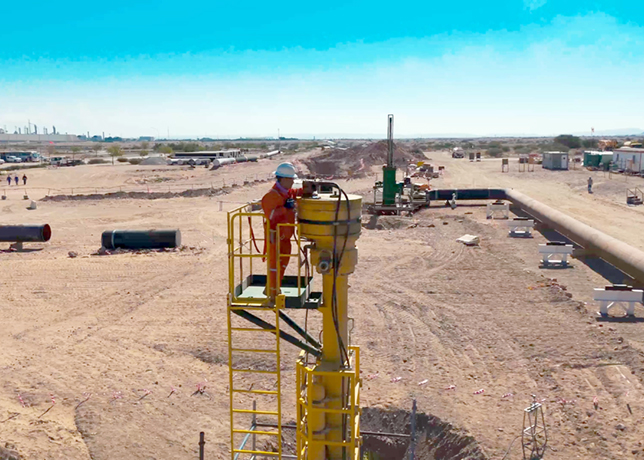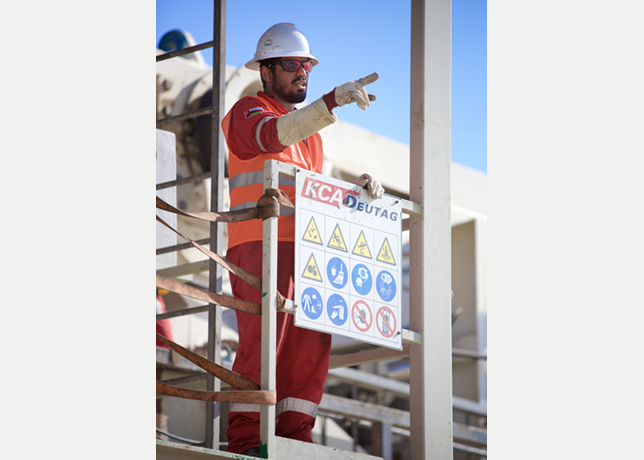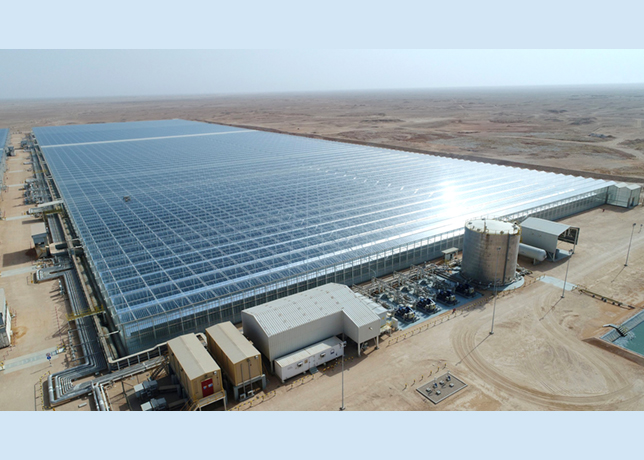
 Janahi at the opening and right, a model of the Energy City
Janahi at the opening and right, a model of the Energy City
The $2.6 billion Energy City Qatar will support the region’s drive to attract more foreign investments, according to a business leader behind the project.
It will open the door to more local and intra-regional investment co-operation and collaboration, to the overall benefit of the Middle East, said Gulf Energy and Energy City Qatar chairman Esam Janahi.
Gulf Energy, a global consortium of international energy experts, is registered in Bahrain.
Energy City Qatar, which marks the consortium’s first milestone project, was launched recently at a high-profile event held at the Sheraton Doha Hotel & Resort under the patronage of Qatari Amir Sheikh Hamad bin Khalifa Al Thani.
Qatar’s Prime Minister Sheikh Abdullah bin Khalifa Al Thani presided over the event, hosted by Sir David Frost.
The project will include an energy bourse and a futures market.
US software giant Microsoft has signed a memorandum of understanding to develop and install the city’s information and technology network.
“With the launch of Energy City, we have the opportunity to work together to create new tools and solutions that will enable oil and gas companies to achieve new levels of performance in every phase of their business,” Microsoft chairman Bill Gates said in a pre-recorded message played at the inauguration.
Second Deputy Prime Minister and Energy and Industry Minister Abdullah Al Attiyah said the project is in line with the country’s strategy to become “an energy capital and the world’s foremost supplier of liquefied natural gas (LNG)”.
Qatar, which has the world’s third-largest gas reserves, has been investing billions of dollars in recent years in the infrastructure needed to process and supply gas around the world.
Al Attiyah, who is also chairman and managing director of Qatar Petroleum, said Qatar plans to export 77 million tonnes a year of LNG by 2012 compared with the present 25 million tonnes.
He said Qatar plans to have a fleet of 65 tankers for LNG transport.
Al Attiyah, also said Qatar, which is a member of Opec, will boost its oil production to 1.1 million barrels per day (bpd) by 2010 from the present level of 800,000 bpd
Oil giants Total and ExxonMobil are among the most active players in Qatar’s oil and gas industries.
In November, Qatar Petroleum and ExxonMobil launched a $14 billion project to build the world’s largest LNG refinery that will supply the US market.
The Qatari gas company RasGas, which was established in 1993, is co-owned by Qatar Petroleum, which has a majority 63 per cent stake, as well as ExxonMobil, Japan’s Itochu and Nissho Iwai and a consortium of South Korean companies, Kogas.
Janahi also said Energy City Qatar will cater to the commercial, technical and human resource needs of the oil and gas industry operating in the region, with cutting-edge facilities and services.
Significantly, it will also be home to the region’s first dedicated energy trading platform, the International Mercantile Exchange (Imex), which will be regulated by the Qatar Financial Centre Regulatory Authority, he added.
The launching of Energy City Qatar was a momentous occasion in the history of the energy industry in the Middle East, said Janahi.
“With the support and encouragement of leaders of Qatar and other countries of the region, we have made a commitment to develop Energy City Qatar into an international energy hub that will contribute to the economic growth and progress of Qatar, and the region, in a sustained manner,” he added.
“Energy City Qatar is itself, a visionary project, and a first of its kind in a region that is known globally for its rich hydrocarbon reserves.
“As the Middle East’s first energy business centre, it will provide added impetus to the development of the hydrocarbon industry in the region, and help to open up various new sectors related to energy for investment.”
The Middle East accounts for over 60 per cent of the world’s proven oil reserves and over 40 per cent of the world’s natural gas reserves. But the region did not have a dedicated energy business centre until now.
Energy City Qatar has been conceived with the central aim of filling this void, and positively contributing to the economic development of Qatar and the region, said Janahi.
“We are very encouraged by the attention that this project has received across the region, and the world, in such a short span of time since its initial announcement less than a year ago,” he said.
“The international audience who witnessed the launching event was a vindication of the genuine interest that has been displayed in the concept of Energy City Qatar, which will be located at the landmark Lusail development project.
“It has opened a new chapter in the history of the energy industry of the region.
“We are confident that we will be able to make Energy City Qatar not just an unqualified success, but also a valuable gift to posterity,” said Janahi.
The launch heralded the beginning of many hectic days ahead to develop Energy City Qatar, and to make the world sit up and take notice, he said.
“It inspires us with the confidence and determination to further promote this project on a global basis, and generate additional interest in this ground-breaking project,” he added.
Janahi said Energy City Qatar would be the Middle East’s first full-service energy business centre.
It will cater to the commercial, technical and human resource needs of the oil and gas industry operating in the region, with cutting-edge facilities and services, he said.
“Participants in Energy City Qatar will be able to gain significant efficiencies due to the benefits of clustering; ease of interaction and communication, economies of scale and easier access to opportunities and decision-makers at all levels,” PFC Energy president and chief executive officer and Gulf Energy board member Vahan Zanoyannoyan.
Gulf Energy, the consortium of international energy experts behind Energy City Qatar, recently signed a memorandum of understanding (MoU) with Microsoft providing for the development and implementation of the next generation of advanced enterprise-level solutions to form the necessary technology infrastructure for the mega project.
Energy City Qatar will be an innovative, intelligent, vibrant energy centre filled with customers, suppliers and related service providers freely interacting, co-operating and competing for the advancement of the energy sector.
It recently announced the appointment of its international advisory board, comprising eminent experts from the business world, particularly from the energy and energy-related sectors.
The board includes Henri Philippe Reichstul from Brazil, Simon Tay from Singapore, Bernard De Combret from France, Harald Norvik from Norway and Richard H Matzke from the US.
Energy City Qatar is a pioneering development that will be the Gulf’s first hydrocarbon industry hub.
ECQ will be a single point of access to markets and expertise, the Middle East home for global players in the hydrocarbon value chain. It forms part of the major new city development, Lusail, which is being developed by Qatari Diar Real Estate Investment Company.
In addition to major business and entertainment districts, this development will be home to up to 200,000 residents.
The Energy City’s lead financial adviser is Bahrain-based Gulf Finance House, and PFC Energy is its strategic advisor. Its strategic partners are Abu Dhabi Investment House and Kuwait Investment Company.










